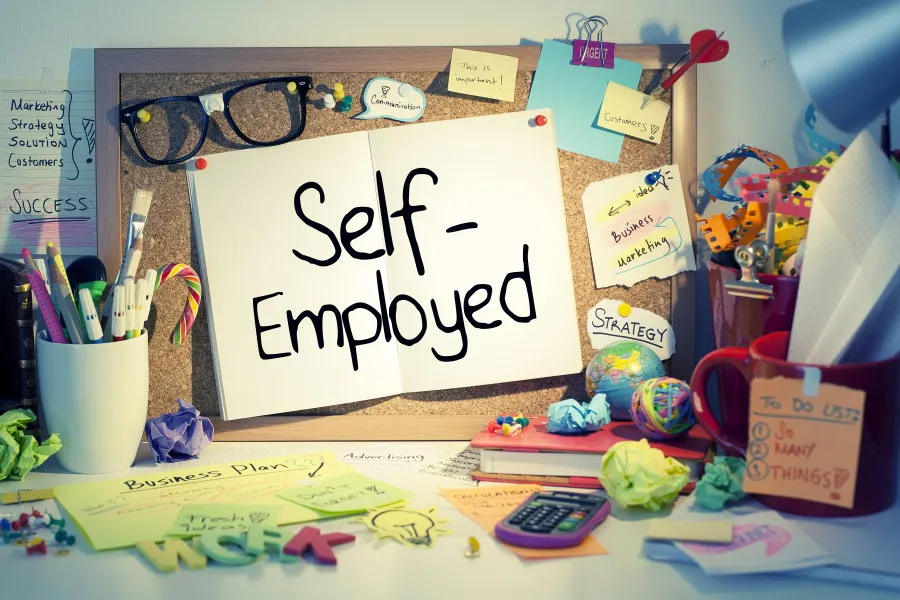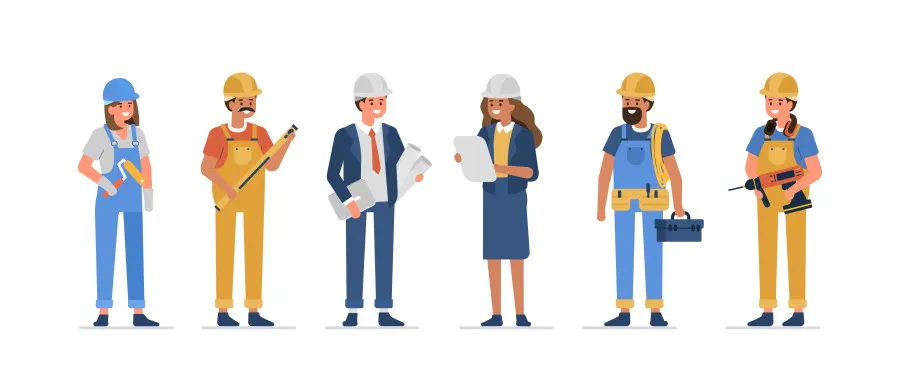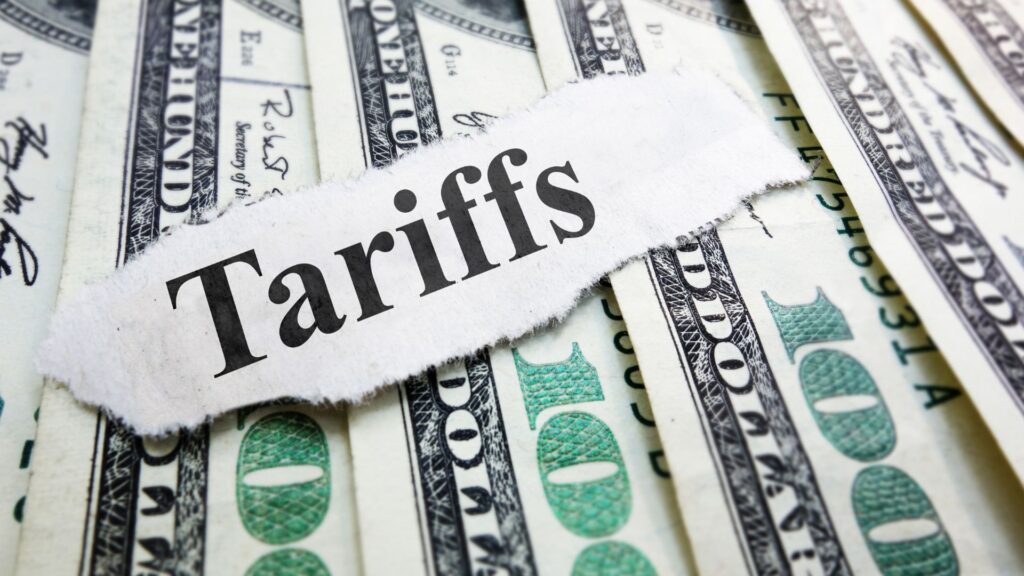If you’re self-employed – or a sole trader – it can be difficult to manage your personal finances as your income may fluctuate, especially if your line of work is sporadic or seasonal. Environmental aspects like adverse weather conditions, monetary delays, or even a global pandemic, can hinder your ability to work and, consequently, could really impact your financial stability. If you have unsecured debts, such as loans, credit cards, or store cards, maintaining your payments to your lenders can be another unwanted concern.
If you’re struggling to make any kind of regular payment to your creditors and feel that you may need debt help, it will be a relief to know that there are debt solutions available that are flexible and can work perfectly for someone who is self-employed.
What debt help is there for the self-employed?
The two most common debt solutions for someone who is self-employed are Debt Management Plans (DMPs) and Individual Voluntary Arrangements (IVAs) because they are more flexible and can be reasonably tailored to meet your personal – and possibly fluctuating – financial circumstances. In summary:
Debt Management Plans (DMPs) are an informal and flexible debt solution that allows you to make payments to your creditors at an affordable rate. Your payment is calculated by taking your monthly income and removing all of your monthly expenses leaving you with your expected payment amount. If your income is sporadic, it can be calculated over the course of the year using your self-assessment forms for guidance. If there are any significant changes in your situation, your plan is flexible so your payment amount can be adjusted in-line with your income.
Individual Voluntary Arrangements (IVAs) are a more formal debt solution, but they are still common for self-employed workers. Your payment amount is calculated in the same way as a DMP, however, an IVA is legally-binding and a little less flexible. Once your IVA has been agreed by the creditors, there will be no interest and charges applied, they will not be permitted to send unnecessary correspondence, and you will have a definitive timescale – usually 5-6 years. If your circumstances do change, the monthly payment to your IVA can be re-adjusted, but your creditors would have to accept and agree to the terms.
If a Debt Management Plan or an Individual Voluntary Arrangement do not seem viable for you or your self-employed lifestyle, you may also be eligible for other debt solutions:
Debt Relief Orders (DROs) are a formal debt solution that are only available to individuals who have very little disposable income left over to pay to their creditors, have few or no assets, and have a limited debt level. If your self-employed earnings can fluctuate significantly from month-to-month, this may not be a feasible solution for you.
Bankruptcy is also a formal insolvency procedure. You can apply to go bankrupt if you can demonstrate that either your debts exceed your assets, or you are unable to pay your debts when they are due. There is no restriction on the level of debt you must have to apply.
Impact on your trade
The effect that a debt solution has on your trade or business will probably be at the top of your list of concerns before applying for debt help. Being self-employed is a broad, all-encompassing term and most individuals who consider themselves self-employed will have vastly contrasting circumstances. That is why it is important to seek debt help first and articulate your situation to an FCA-regulated debt advice company before engaging in a debt solution as each option will have a different set of pros and cons that could impact your line of work. The best way to ease your concerns is by sharing your situation…
 … So, let’s make a start
… So, let’s make a start
You can begin your journey to debt freedom by applying online or over the phone, but you must first receive debt advice from a company like Angel Advance before entering a solution. We have a team of expert advisors who help self-employed individuals on a day-to-day basis, so if you’d like to speak with a member of the team confidentially, please contact us on 01925 599400 at your earliest convenience.
If you would prefer to assess your options in your own time, you can use our free and confidential Online Debt Advice Tool.
Whichever way is easiest for you, we’d suggest having your income and spending details to hand – a copy of last year’s self-assessment form would be really useful – so that you can demonstrate an accurate portrayal of your financial circumstances.



